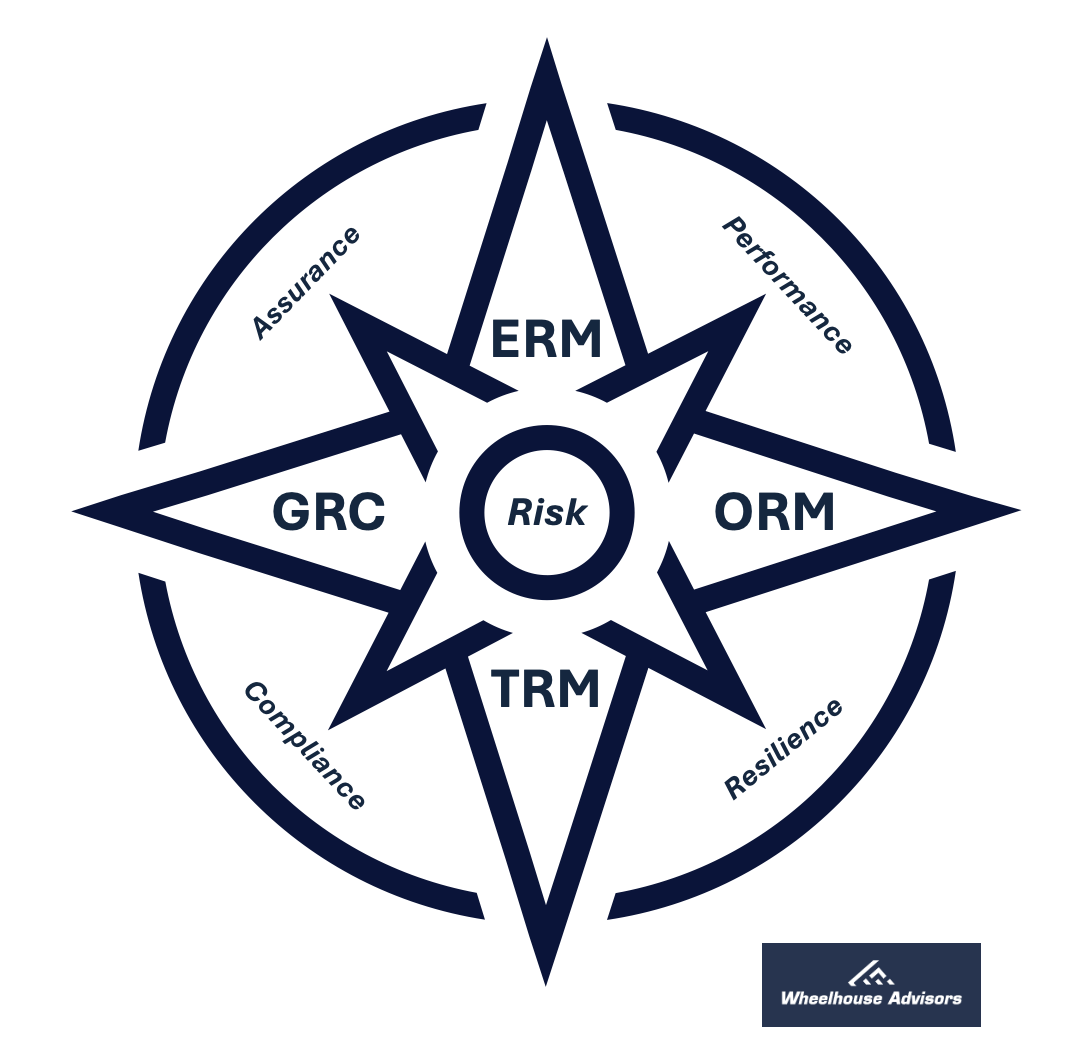The Over-Ambitious ESG Push: Why a Risk-Based Approach to Sustainability is Needed
As the momentum behind Environmental, Social, and Governance (ESG) standards has accelerated, it has become increasingly clear that the broad and ambitious goals of ESG are creating friction in the business world. In Bloomberg's recent article An ESG Backlash Erupts in Europe on World's Strictest Rules, we see the consequences of a regulatory framework that tries to address too much at once. The result is a system that is complex and places unnecessary pressure on companies, distracting them from their core objectives and diluting their ability to achieve meaningful results.
The crux of the issue lies in how ESG has been positioned. Many companies now face backlash for juggling environmental, social, and governance goals as inseparable. While these are all important, they represent distinct areas that require tailored approaches. A more pragmatic solution is a risk-based approach to sustainability, where environmental objectives are integrated directly into a company's risk management framework. This shifts the focus from compliance-driven checkboxes to proactive, strategic risk management that aligns sustainability efforts with business objectives.
The Risk-Based Approach to Sustainability
Rather than positioning sustainability as the end goal, businesses need to view it through the lens of risk management. A risk-based approach focuses on identifying and mitigating environmental risks that can directly impact a company's financial performance and resilience. In this model, sustainability is not treated as a separate initiative but as an integral component of managing risks to the business—whether they stem from climate change, regulatory shifts, or resource scarcity.
A risk-based approach allows companies to prioritize sustainability initiatives that significantly reduce long-term risks rather than spreading resources thin across a broad array of ESG objectives. It brings sustainability into the decision-making process in a strategic and measurable way, ensuring that efforts to manage environmental risks align with the company's risk management framework.
The IRM Navigator™ Framework: Connecting Sustainability to Risk
The Integrated Risk Management (IRM) Navigator™ Framework is an ideal solution for companies looking to implement a risk-based approach to sustainability. This framework ties sustainability directly to two of its four key risk objectives: performance and resilience. Doing so provides companies with a roadmap for integrating environmental risks into their broader risk management strategies.
1. Performance: In the context of the IRM Navigator™ Framework, performance refers to a company's ability to achieve its operational and financial objectives while addressing environmental risks. A risk-based approach ensures that sustainability initiatives enhance business performance rather than becoming a compliance burden. For instance, companies can invest in renewable energy or resource efficiency initiatives to meet regulatory requirements and improve their long-term operational performance and cost-effectiveness.
2. Resilience: The second key objective is resilience, which focuses on a company's capacity to withstand and adapt to environmental shocks and disruptions. The IRM Navigator™ Framework links sustainability efforts—such as reducing carbon emissions or managing resource scarcity—to resilience goals, ensuring that companies are better prepared to navigate both short-term disruptions and long-term environmental changes. This risk-based focus on resilience enables companies to survive and thrive in an increasingly uncertain global environment.
By embedding sustainability within the risk management framework, the IRM Navigator™ turns sustainability into a strategic advantage rather than a standalone initiative. This approach allows companies to manage environmental risks in a way that supports their overall business strategy and long-term value creation.
Aligning Sustainability with Integrated Reporting
To fully leverage the benefits of a risk-based approach to sustainability, businesses must also embrace integrated reporting frameworks, such as the International Financial Reporting Standards (IFRS) for sustainability. These frameworks offer a way for companies to disclose their sustainability efforts in a manner that is consistent with their risk management strategy, providing investors and stakeholders with a clearer picture of how environmental risks are being managed.
Integrated reporting helps to bridge the gap between sustainability and risk by ensuring that disclosures are tied to material risks and business performance. This transparency allows companies to demonstrate that their sustainability initiatives are socially responsible and grounded in sound risk management practices.
Why a Risk-Based Approach is Critical in the Current ESG Landscape
The backlash against ESG in its current form highlights the need for a more focused and pragmatic approach. A risk-based framework offers a path forward by shifting the emphasis from compliance to strategy, allowing companies to prioritize sustainability initiatives that directly mitigate environmental risks. This approach also reduces the complexity and compliance burdens associated with broad ESG frameworks, allowing companies to focus on the most pressing environmental risks relevant to their business.
Moreover, a risk-based approach enables companies to address environmental risks that align with their long-term objectives for growth and resilience. It helps businesses navigate the complexities of today's regulatory environment while ensuring they remain competitive and sustainable in the face of emerging environmental challenges.
The Ultimate Case for a Risk-Based Sustainability Strategy
The current ESG landscape, with its ambitious and often overlapping goals, has reached a critical point where a more focused, risk-based approach is needed. By integrating sustainability directly into a company's risk management strategy, businesses can shift away from compliance-heavy models and toward proactive, value-driven solutions that enhance performance and resilience.
The IRM Navigator™ Framework provides a clear path for companies to adopt this risk-based approach, ensuring that sustainability efforts are aligned with broader business objectives. When combined with integrated reporting frameworks like IFRS, this approach delivers transparency, accountability, and strategic value—helping companies manage environmental risks in a way that drives long-term success.

